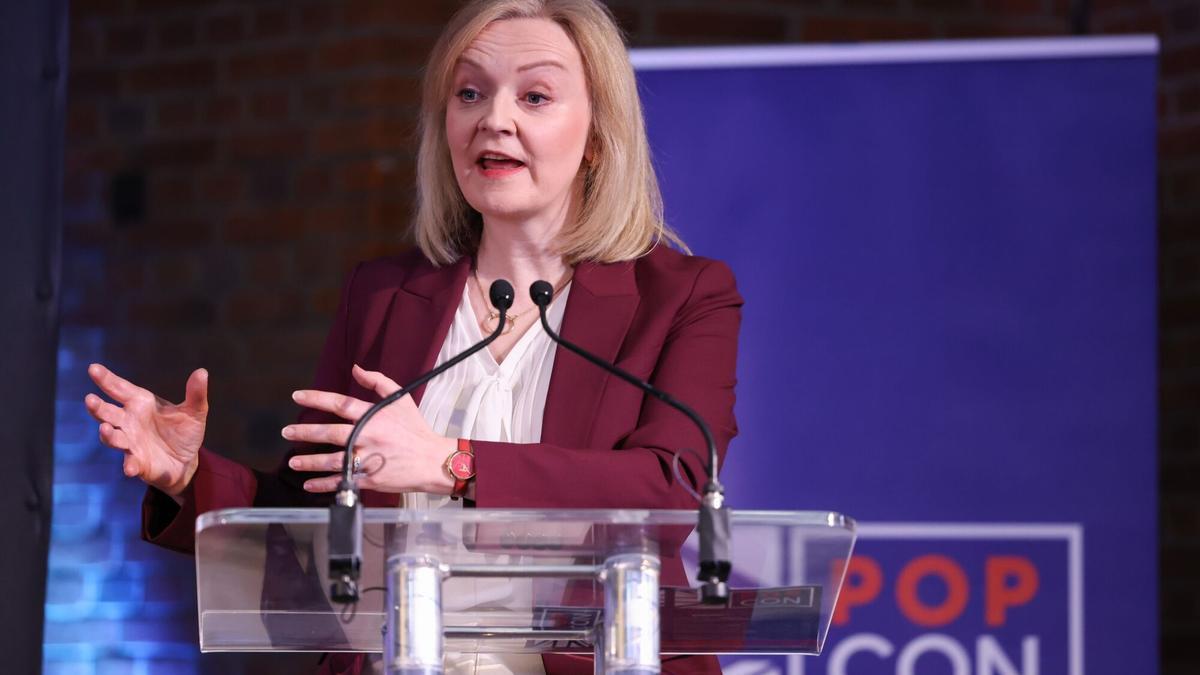Dartmouth Basketball Players to Vote on Unionization, NLRB Rules
Basketball players at Dartmouth College are on the verge of making history as they prepare to vote on whether to join a union. This groundbreaking development could potentially revolutionize the landscape of college sports, which has long been a lucrative business. The National Labor Relations Board (NLRB), responsible for overseeing union representation votes for private employers, has granted the players this opportunity.
The decision to hold the vote was announced by the NLRB’s regional director in Boston, who ruled that the Dartmouth men’s basketball team qualifies as employees. This ruling was based on the fact that Dartmouth has the right to control the work performed by the players, who receive compensation in exchange for their services. However, Dartmouth President Sian Beilock expressed disagreement with this finding and stated that the college will challenge it.
President Beilock emphasized that Dartmouth views its athletes as students rather than employees. She highlighted the productive relationships the college has with various unions and reiterated that athletic scholarships are not offered at Dartmouth. The Service Employees International Union (SEIU), which is seeking to represent the basketball players, argued that although scholarships are not provided, the players receive compensation in other forms, such as room and board, equipment, apparel, tickets to games, footwear, access to nutrition and medical professionals, exclusive facility usage, and academic support.
This is not the first time the NLRB has deliberated on whether student athletes should be considered employees eligible for union representation. The previous instance occurred between 2014 and 2015 when there was an attempt to organize football players at Northwestern University. However, in that case, the full NLRB board prevented a vote from taking place. Instead of ruling on the employment status of the football players, the board cited jurisdictional limitations since labor laws only allow the NLRB to intervene in private-sector workplaces, whereas most college football programs are affiliated with state schools.
In contrast, the regional director in the current case highlighted that the NLRB’s previous decision did not definitively establish that team-by-team organizing is never appropriate. Moreover, a significant development occurred in 2021 when the Supreme Court unanimously ruled that NCAA rules prohibiting compensation for student athletes violated antitrust laws. This landmark decision paved the way for greater financial benefits for college athletes.
The unionization of professional sports is not a new phenomenon, as athletes in all four major team sports in the United States are already union members. Furthermore, minor league baseball players were granted union representation in 2022. However, college sports have remained largely untouched by this trend until now.
NCAA Division I athletics generated a staggering $17.5 billion in revenue in 2022, according to an NCAA report. Dartmouth’s men’s basketball team alone reported total revenue of $1.3 million during the 2021-22 school year, as per publicly available data from the Department of Education. These figures underscore the financial significance of college sports and highlight the potential impact of unionization on the lives of student-athletes.
It is worth noting that there are already numerous university students who are union members, such as graduate student teaching assistants and college students with on-campus jobs. In recent years, union organizing campaigns have achieved considerable success in these sectors, with thousands of students voting to join unions. Unlike student-athletes, these students receive W-2 forms and regular pay as compensation for their work, leaving less room for debate regarding their employment status.
As Dartmouth basketball players prepare to cast their votes, the outcome of this historic decision remains uncertain. Regardless of the result, this pivotal moment has sparked a nationwide conversation about the rights and treatment of college athletes. The potential unionization of these players could mark a significant turning point in the world of college sports, challenging long-standing norms and paving the way for a more equitable future.
